This website introduces the life of Jiang Wei-shui (1891-1931), focusing on the process and influence of the social movements that he, as a Taiwanese intellectual during the Japanese Occupation Period, promoted with concepts from the humanities and education.
This website introduces the life of Jiang Wei-shui (1891-1931), focusing on the process and influence of the social movements that he, as a Taiwanese intellectual during the Japanese Occupation Period, promoted with concepts from the humanities and education.
This website introduces the life of Jiang Wei-shui (1891-1931), focusing on the process and influence of the social movements that he, as a Taiwanese intellectual during the Japanese Occupation Period, promoted with concepts from the humanities and education.
This website introduces the life of Jiang Wei-shui (1891-1931), focusing on the process and influence of the social movements that he, as a Taiwanese intellectual during the Japanese Occupation Period, promoted with concepts from the humanities and education.
This website introduces the life of Jiang Wei-shui (1891-1931), focusing on the process and influence of the social movements that he, as a Taiwanese intellectual during the Japanese Occupation Period, promoted with concepts from the humanities and education.
This website introduces the life of Jiang Wei-shui (1891-1931), focusing on the process and influence of the social movements that he, as a Taiwanese intellectual during the Japanese Occupation Period, promoted with concepts from the humanities and education.
This website introduces the life of Jiang Wei-shui (1891-1931), focusing on the process and influence of the social movements that he, as a Taiwanese intellectual during the Japanese Occupation Period, promoted with concepts from the humanities and education.
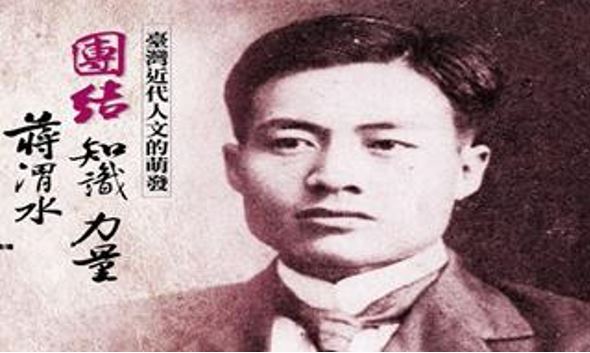
This website introduces the life of Jiang Wei-shui (1891-1931), focusing on the process and influence of the social movements that he, as a Taiwanese intellectual during the Japanese Occupation Period, promoted with concepts from the humanities and education.
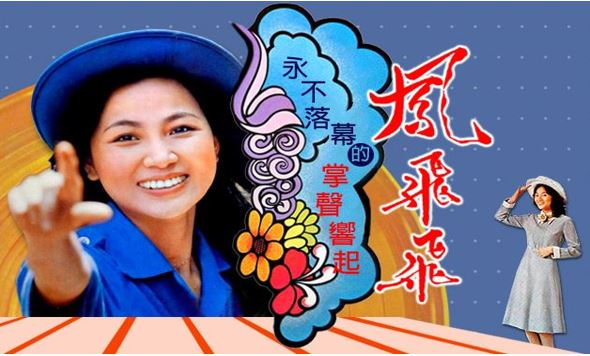
An introduction to the collection and research materials of Feng Fei-fei, the famous singer nicknamed “Queen of Hats.” The website also serves as a guide to her songs recorded on CDs, DVDs, and vinyl records collected in the Library’s digital materials section.
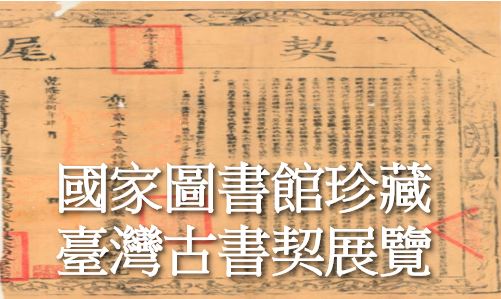
Special selection from the library’s collection of Taiwan’s ancient contracts, including official documents and private contracts. It also offer explanations of the ancient contracts on exhibition which provide insight into the tenancy system of Taiwan’s agriculture in the 18th and the 19th centuries.
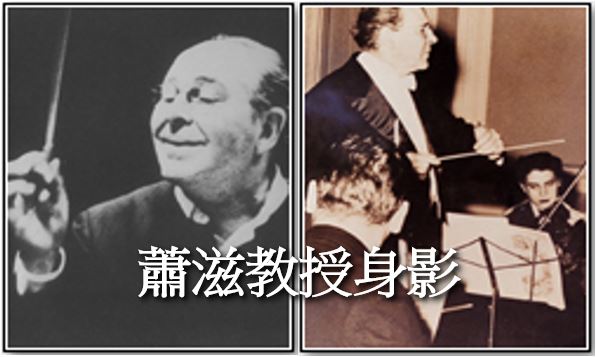
Cultural relics donated by the musician, Professor Robert Scholz (1902-1986), including musical scores, selected works, manuscripts, audio tapes, personal collections, manuscripts of memorial essays, etc.

NCL’s special collection of photo images and materials of Taiwan taken by Western photographers, Western missionaries, correspondence photographers from the Japanese army, etc., from the 19th century. It also features articles and explanations written by Taiwanese historians and experts.
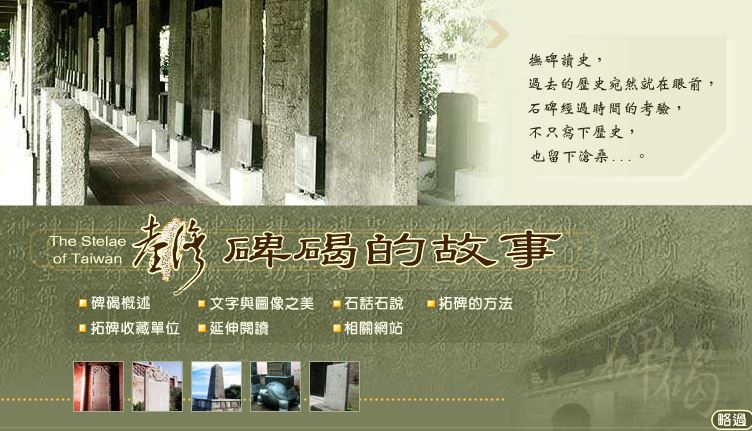
A special selection of early stone tablets and steles of Taiwan (18th-20th centuries) with explanations is featured. It also serves as a guide to enhance appreciation of the art of stone tablets and steles and to understand the historical significance of the stone tablets and steles with respect to politics, the economy, social education, etc. Recent stone tablets, such as the Memorial Tablet for the 921 Earthquake, are included as well.
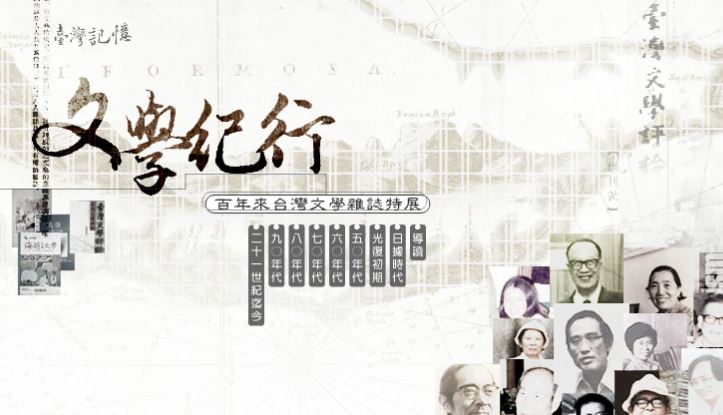
The display introduces literary magazines published in Taiwan from the prewar period to the year 2000. Through feature films, chronicles of events, explanations, etc. literary magazines of Taiwan from different periods of time over the past one hundred years are presented.
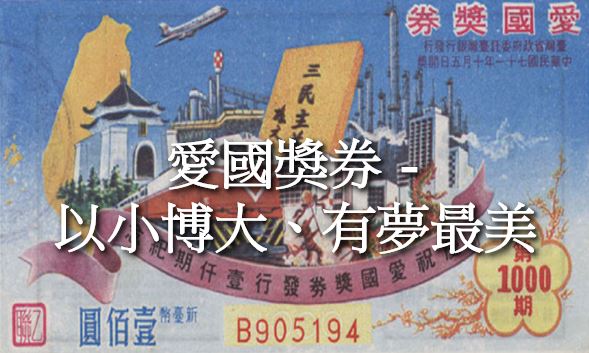
The display introduces the library collection of the Liberty Lottery Tickets, including illustrations, contents, propaganda slogans, etc., guiding the audience to learn indirectly about the changes in Taiwan’s society and Taiwan’s economic development through the illustrations of the Liberty Lottery Tickets.
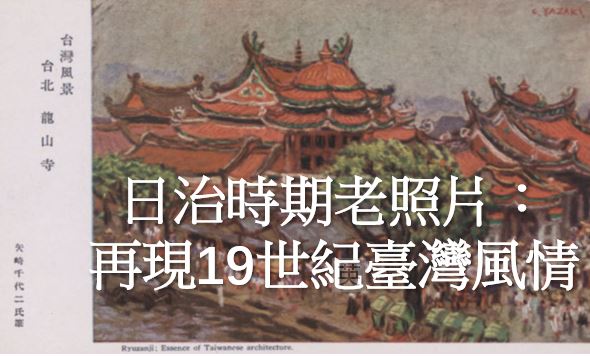
The display introduces the Library’s collection of old postcards from the Japanese Occupation Period. The images of the postcards include photos and hand-painted pictures, and the themes include people, landscape, architecture, local products, customs, etc., that depict the customs and culture of Taiwan in earlier times.


